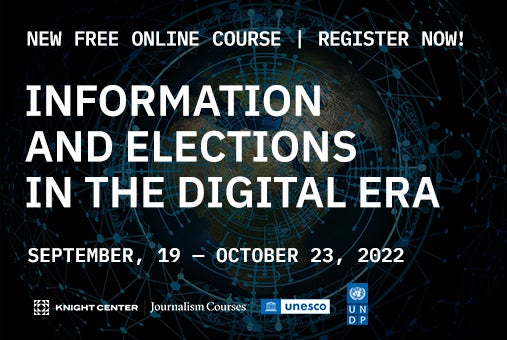
To prepare key stakeholders for how new technologies affect information and elections, the Knight Center joined forces with UNESCO and the UNDP to organize a free multilingual online course. Students will learn standards of freedom of expression and will be exposed to recent experiences on how to address disinformation, misinformation, and hate speech that spread during electoral processes.
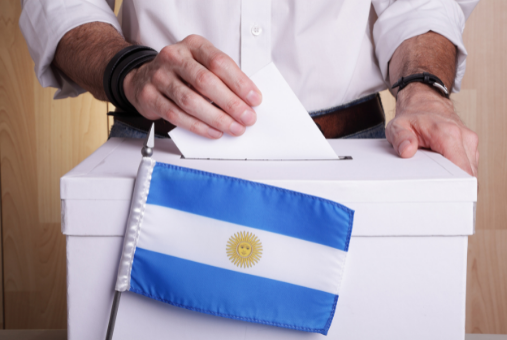
Speed and reach are the cornerstones of the second iteration of Reverso — a collaboration of Argentinian media organizations fighting election misinformation organized by fact-checking organization Chequeado.
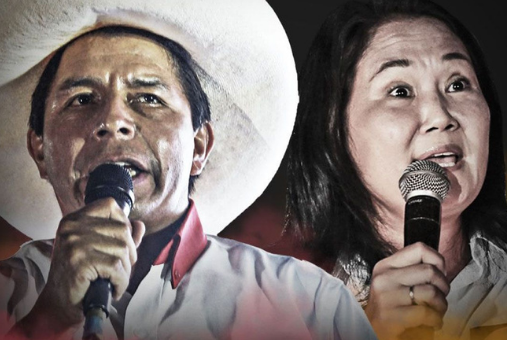
After the scandal and controversy unleashed by the dismissal and resignation of journalists from channels owned by Grupo La República and Grupo El Comercio due to disagreements over electoral coverage, came the decision of the Ethics Court of the Peruvian Press Council, which determined that the channels violated their guiding principles.

The recent resignation of a group of journalists claiming a violation of the Guiding Principles of their media outlet, as well as the subsequent dismissal of two producers from the América TV and Canal N channels has caused a scandal in which even the press council’s Ethics Court is involved.
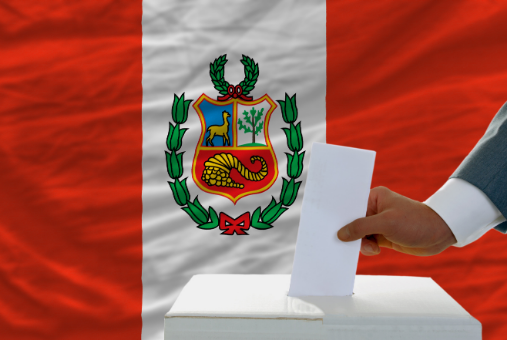
Ama Llulla, "don't lie" in Quechua, is the new Peruvian fact-checking network created to combat false information during the electoral campaign ahead of the April 11 general elections.
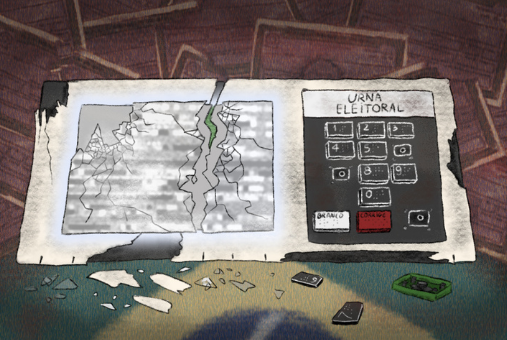
Together, the 34 journalists created a database of cases of violence against voters, politicians, candidates, the press and also against people working in the organization of elections, such as officials, inspectors and civilians.
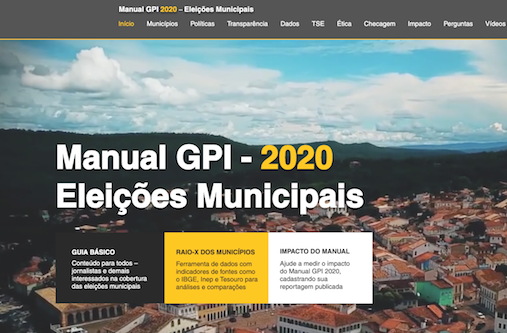
“We joke that if a reporter were to come from mars, know Portuguese, and read the manual, he would be able to get by the elections”, said Angela Pimenta, who is the editor of the project and director of operations of Projor

Smith said that reporters are having to adapt to a new reality, trying to come up with different ways that simulate in-person conversations with voters
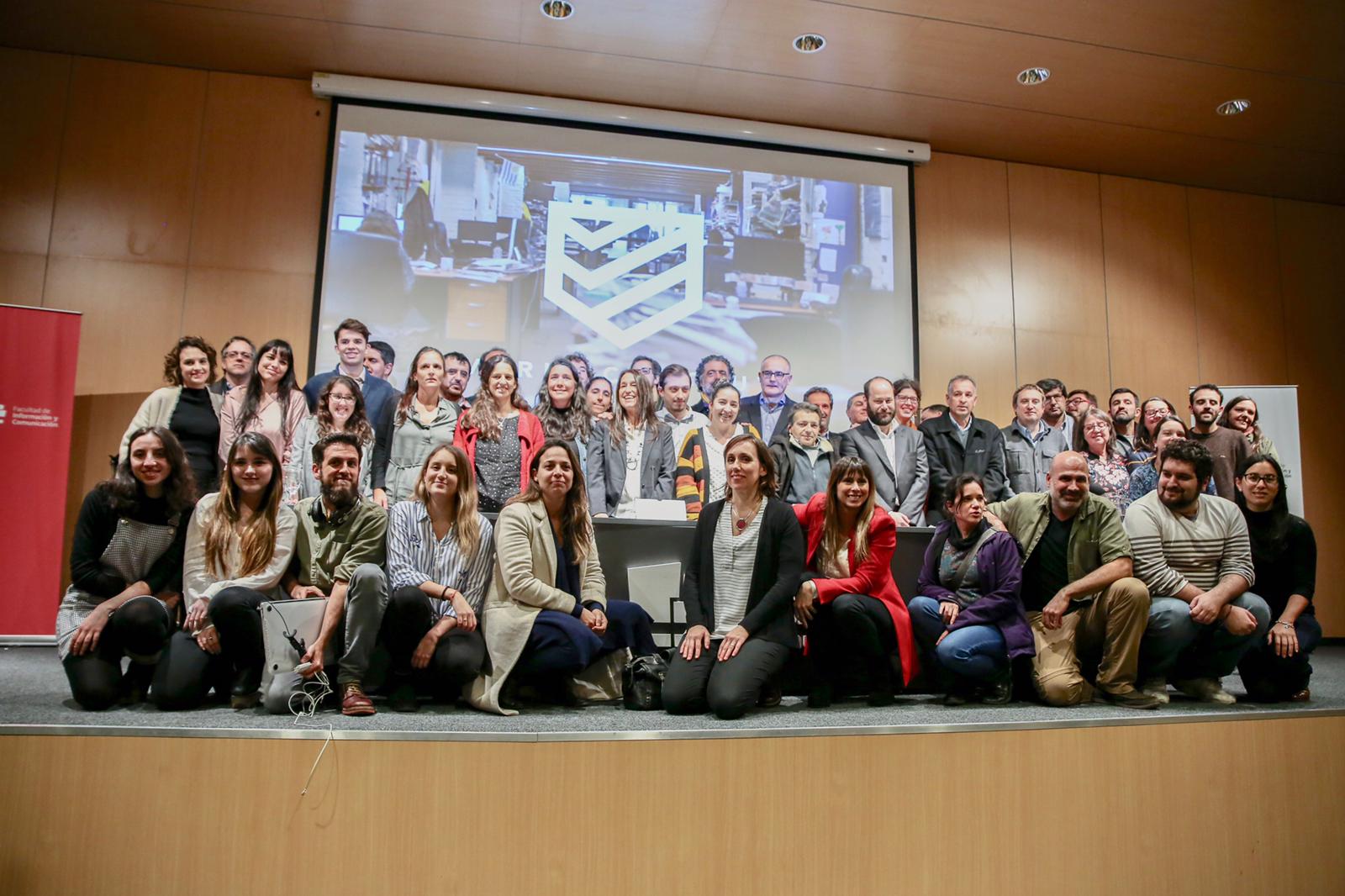
After a little more than eight months of preparation and arriving at agreements between organizations that support the new data verification initiative in the region, Uruguay has joined the fight against misinformation with the launch of fact-checking site Verificado.uy on July 22.
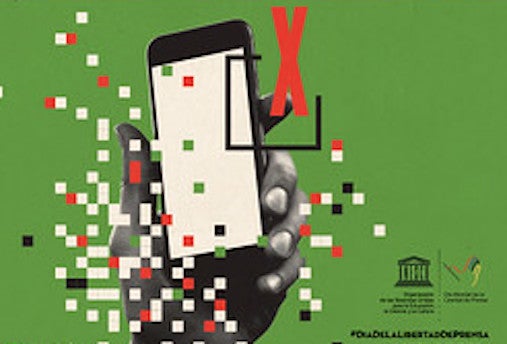
Each May 3 is a global celebration of press freedom and its importance to society. For this year’s World Press Freedom Day (WPFD), journalists and press freedom advocates will focus on media and elections, as well as the role of media in peace and reconciliation
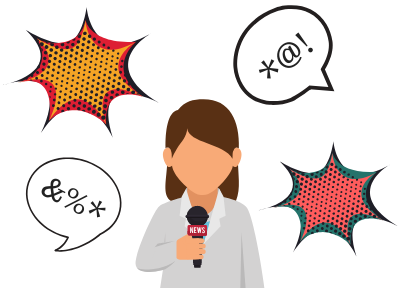
Before and during the Brazilian presidential election that took place on Oct. 28, journalists were the subject of physical, verbal and digital threats and aggression.
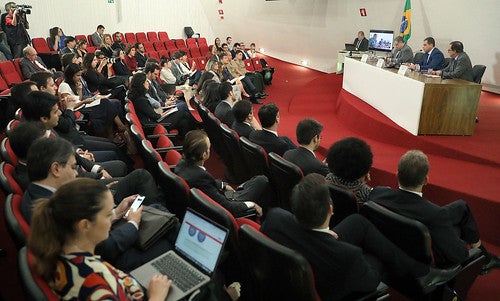
Seven Brazilian verification initiatives presented a letter with suggestions of concrete measures that the Superior Electoral Court (TSE, for its initials in Portuguese) can take to help them fight general disinformation related to the country's elections, whose second round happens on Oct. 28.